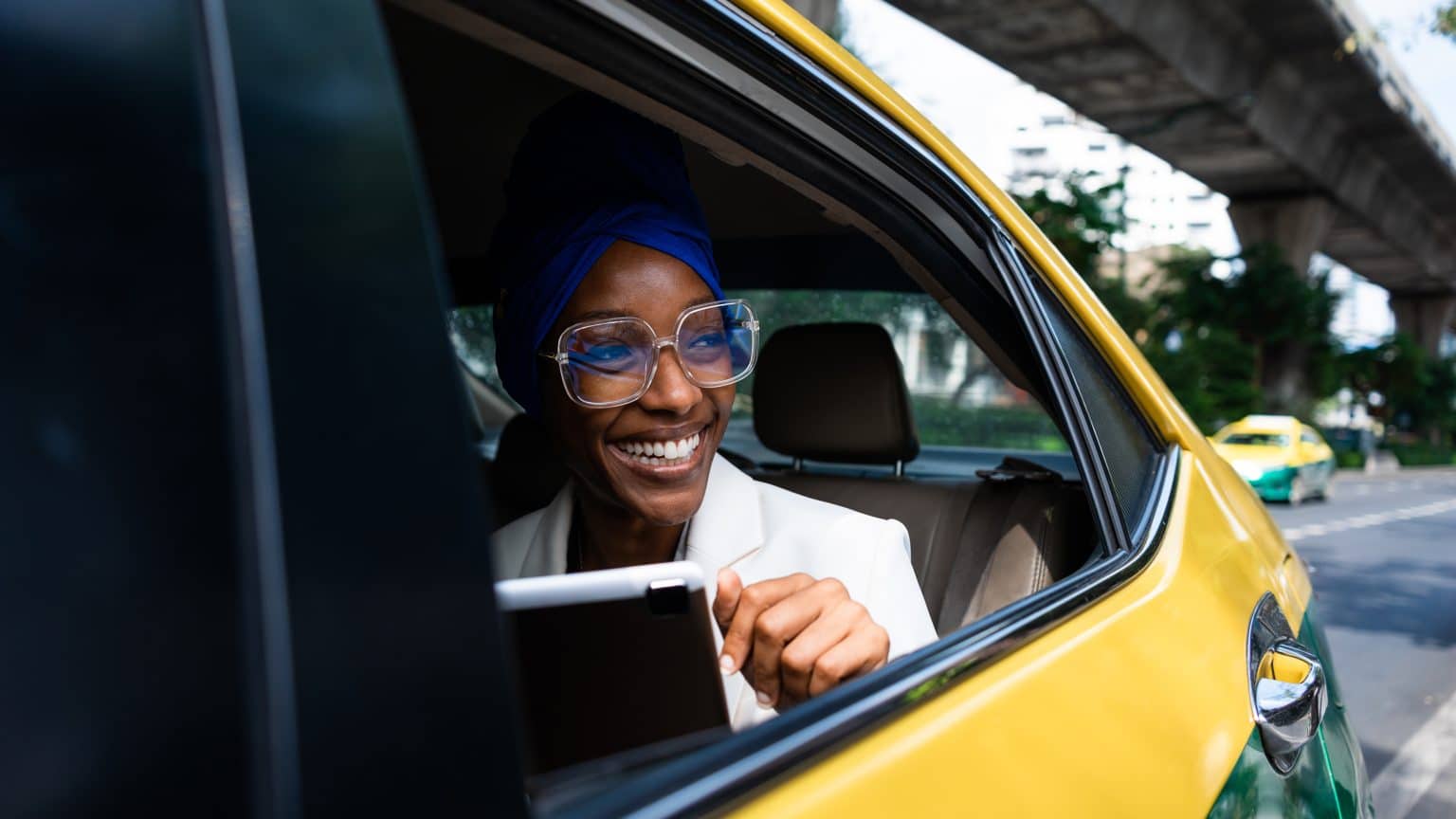A new study from Carnegie Mellon University has found that ride-hailing services like Uber and Lyft are reducing racial bias in wait times for Black passengers, though systemic segregation continues to affect access to rides.
The research, led by academics from CMU’s College of Engineering, builds on previous studies highlighting the racial disparities Black riders have historically faced when using traditional taxis. Earlier studies demonstrated that Black passengers experienced higher cancellation rates compared to White passengers. However, the latest study shows that while cancellations still occur, the wait times for Black riders are now largely equal to those of White passengers, thanks to the technology behind ride-hailing platforms.
The research, conducted in Chicago, showed that at least 3% of drivers likely discriminate based on race, yet the apps’ ability to quickly reassign passengers to new drivers has helped to drastically reduce the effects of racial bias on wait times. According to the team, the rematching feature of Uber and Lyft allows passengers who face driver cancellations to be quickly connected to another available driver, leading to minimal delays.
Professor Jeremy Michalek, who co-led the research, explained: “The technology is helping to mitigate a social issue, which is quite rare. Discrimination by some drivers is having little effect on average wait times because these apps can quickly rematch riders with new drivers. This was a problem that was much harder to solve with traditional taxis.”
Historically, Black passengers have faced significant difficulties when hailing taxis, with many experiencing long wait times or being passed over completely. Professor Destenie Nock, a co-author of the study, highlighted the impact of the ride-hailing services: “In the absence of these apps, certain populations would suffer from extremely long wait times, and this problem would remain hidden. These apps are now enabling people to get to work on time, attend hospital appointments, and fully participate in society.”
Despite these advancements in mitigating direct racial bias, the study also highlighted the ongoing issue of systemic segregation. The research focused on Chicago, one of the most racially segregated cities in the US, where Black residents living in certain areas continue to experience longer wait times due to the location of available drivers. Segregation, which has its roots in discriminatory housing practices such as redlining, has led to Black populations being concentrated in areas like South Chicago, which is further from the busy downtown where most drivers are located.
Anna Cobb, a PhD student and co-author of the study, emphasised the importance of understanding the difference between direct and systemic discrimination: “While technology can reduce direct racial bias, the broader issue of systemic segregation still affects wait times. Even if drivers treat everyone equally, the legacy of discrimination in housing and wealth distribution means Black passengers can still experience disparities.”
Michalek added: “It is encouraging to see that the technology has mitigated some of the direct effects of driver discrimination. However, in a society with entrenched inequalities, even services without overt racial bias can exacerbate existing disparities.”
The research team, including Corey Harper, assistant professor of civil and environmental engineering, hopes their findings will inform future policies to address these persistent inequalities in the ride-hailing industry.

